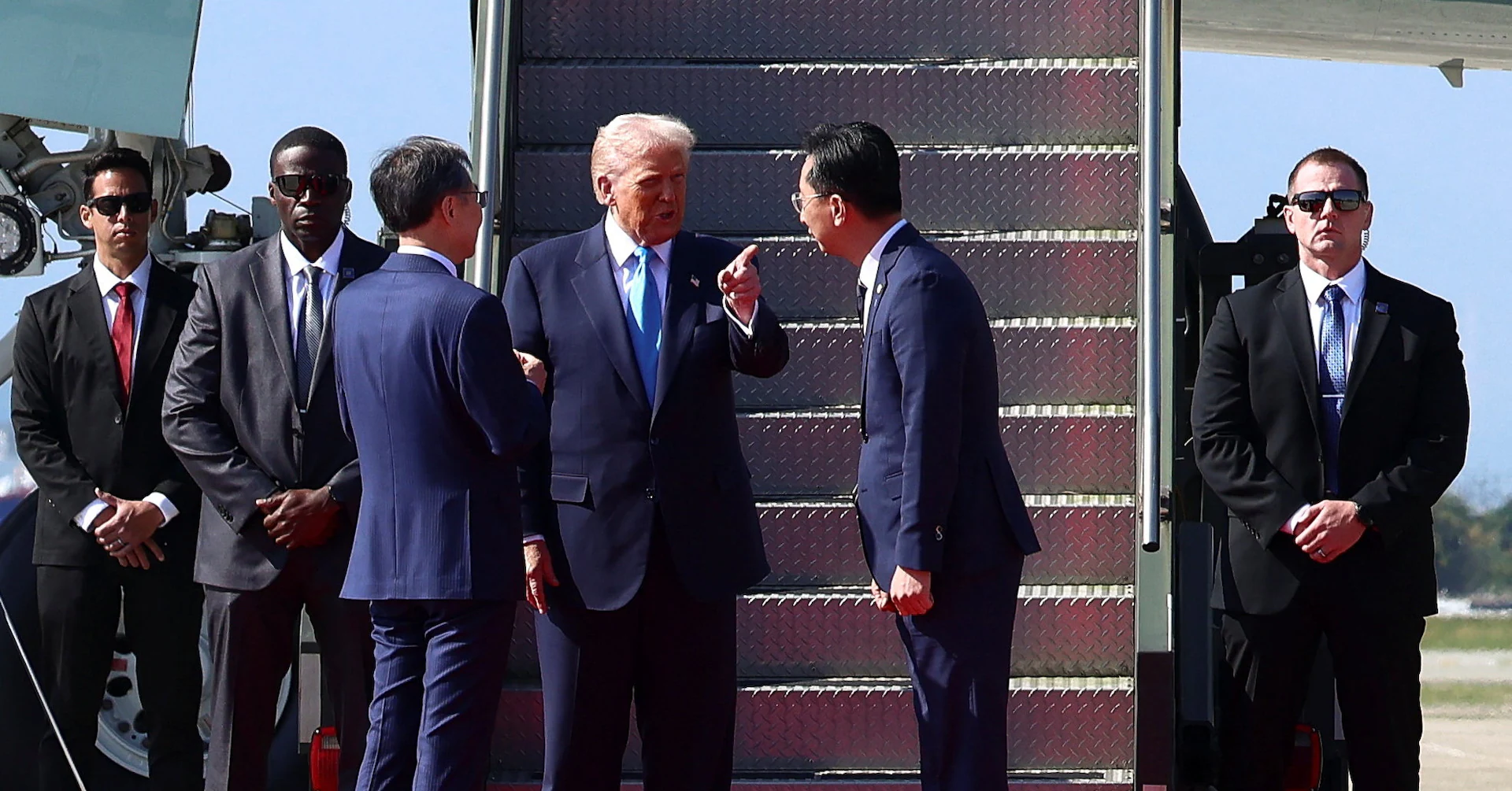Copyright reuters

FILE PHOTO: Vehicles at a port in Pyeongtaek, South Korea, July 31, 2025. REUTERS/Kim Hong-Ji Among the topics Trump and Lee are expected to discuss are: South Korea's hope to finalise details on a preliminary deal on cutting U.S. import duties on South Korean goods appears all but dashed. Negotiators for the two sides remain deadlocked over a $350 billion investment pledge by Seoul. The pledge was initially heralded as a monumental commitment that could help the U.S. rebuild its manufacturing industries. But the demand by Trump for South Korea to pay the total in cash or equity "up front" has upended the preliminary deal. Lee has said such a cash outlay would destabilise the country's financial markets. DEFENCE AND NUCLEAR ENERGY Trump has argued that countries such as South Korea should pay more for the cost of U.S. military presence - roughly 10 times the 1.5 trillion won ($1.06 billion) that was agreed by the allies for 2026. South Korea is looking to revise an agreement with the U.S. on nuclear energy. It hopes to win approval from Washington to reprocess spent nuclear fuel and enrich uranium for purely civilian energy purposes. FILE PHOTO: Trump shakes hands with North Korean leader Kim Jong Un at the demilitarized zone separating the two Koreas, in Panmunjom, South Korea, June 30, 2019. KCNA via REUTERS NORTH KOREA Lee has made it a top priority to bring Pyongyang back to dialogue and said Trump was the ideal person to entice North Korean leader Kim Jong Un. North Korea has not responded, although Kim has said he has "fond memories" of Trump from their previous meetings. VISAS FOR SOUTH KOREAN WORKERS The United States has pledged to improve South Korean workers' access to visas that would allow them to work in the U.S. to set up and manage business facilities invested in by South Korean companies. The promise, which Trump has backed, follows the arrests of more than 300 South Korean workers by U.S. immigration authorities at a Hyundai Motor facility in the U.S., which stunned South Korean officials and the public. The discussions have yet to yield a concrete resolution to South Korean businesses, which have resorted to a grey area in the U.S. immigration process.



